While the media’s attention is distracted by Madam Speaker’s and other politician’s curious choices in executive travel, this week is pivotal in the battle of ideas that will decide the next federal election, as David Flint writes in this issue.
Having stopped the boats, banished Julia Gillard’s carbon tax and Kevin Rudd’s mining tax to the dustbin of history, nailed free trade agreements with China, Japan and South Korea (with the Trans-Pacific Partnership in sight), and becoming increasingly confident about its economic direction and reining in debt and deficit inherited from Rudd-Gillard Labor, Tony Abbott’s Coalition finally seems to be going somewhere.
Then there’s Bill Shorten, a pale shadow of his immediate predecessors, let alone Bob Hawke and Paul Keating. This week Mr Shorten and Labor have their first national conference since Labor’s 2013 election loss and, as we commented last week, Mr Shorten’s authority is being challenged strongly from the Left.
This week Labor’s true believers, union leaders and eco-fantasists are fighting for their party’s soul. Astoundingly, leaks to News Corporation papers revealed last week that Labor is even flirting with reviving Ms Gillard’s poisonous carbon tax, electoral krypotonite despite the urgings of Fairfax scribes. Not true, says Mr Shorten, yet shadow environment minister and incoming Left national Labor president, Mark Butler, says another emissions trading scheme is in the works.
Mr Abbott, Treasurer Joe Hockey and Liberal boss Brian Loughnane can’t believe their luck. Mr Shorten can’t evade the very policy that utterly destroyed (with his enthusiastic personal help) two Labor prime ministers. And as we know from Ms Gillard’s own emission admission, what’s the difference between a carbon tax and an ETS anyway?
Meanwhile, the Coalition quietly rebuilds its stocks in middle Australia. Its small business package is a hit with tradies and shopkeepers. Some sensible welfare reform is under way. And last Sunday Mr Hockey strongly hinted the Coalition will take tax cuts to the next election, and do something about ‘bracket creep’ as well. ‘That becomes a disincentive for people to earn more money. That’s unacceptable in the modern economy’, Mr Hockey told Andrew Bolt, and he’s absolutely spot on.
But genuine tax reform is not, as the Treasurer also implied last Sunday, simply releasing a discussion paper and sifting through 800 responses. Worryingly, with the Prime Minister and premiers retreating this week to discuss federation issues, the political talk’s of increasing the overall tax burden, not reducing it. Mike Baird wants to increase GST to 15 per cent (Annastacia Palusczuk is still looking up what it actually is). Daniel Andrews wants to slug the Medicare levy, and Jay Weatherill backs Mr Baird (but to his credit wants to abolish state stamp duty). Colin Barnett won’t give any more, and Will Hodgman will take whatever he’s given, thanks very much. No mention of improving productivity to pay for government services and welfare as the working population shrinks.
Mr Abbott must tell premiers bluntly that sorting out the tax base without reducing the size of government and increasing efficiency is not on. Our leaders must stop dreaming of lazy revenue-raising and spending other people’s money, and ask themselves hard questions about what they do, and why and how they do it. Sadly, it’s doubtful they will: after all, the biggest supporters of big government are leaders of big governments. Furthermore, as James Allan argues in this issue, for our federation to work at its best we need to reform State taxation powers, not raise the GST.
The science is settled
Just before the 2013 election, regular Speccie writer Terry Barnes both delighted and dismayed readers with his evidence-based theory that the Australian Test cricket team will always perform more successfully under Coalition governments than under Labor. A few months into the Abbott government, Australia swept the Ashes 5-0. QED.
In Cardiff a crushing loss to England in the first Test threatened this theory. England looked a good chance of maintaining the Ashes dominance it’s had on home soil since the epic 2005 series. But led by the rampaging bats ofSteven Smith and Chris Rogers, and the bowling of anyone named Mitch and tweaker Nathan Lyon, at Lord’s the Aussies routed the Poms so completely that it’s now the Old Enemy consulting their shrinks. Clearly, Mr Abbott can breathe easy: the theory is looking safe for another year.
Got something to add? Join the discussion and comment below.
Get 10 issues for just $10
Subscribe to The Spectator Australia today for the next 10 magazine issues, plus full online access, for just $10.
You might disagree with half of it, but you’ll enjoy reading all of it. Try your first month for free, then just $2 a week for the remainder of your first year.


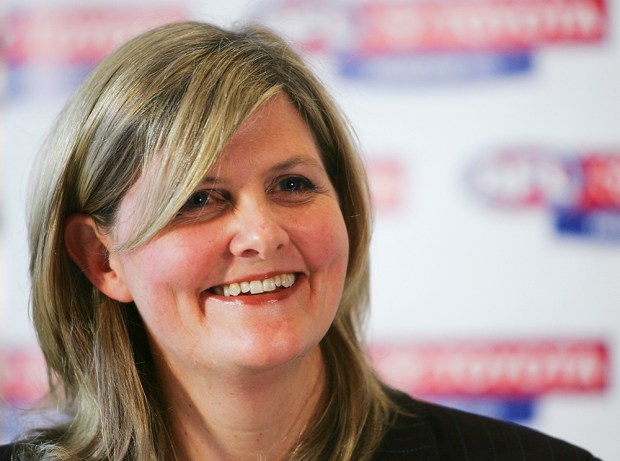
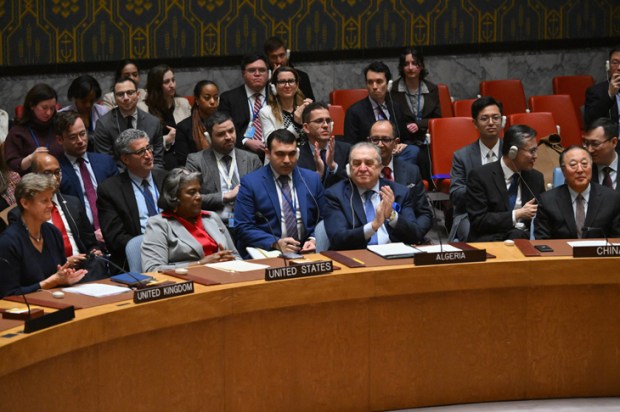
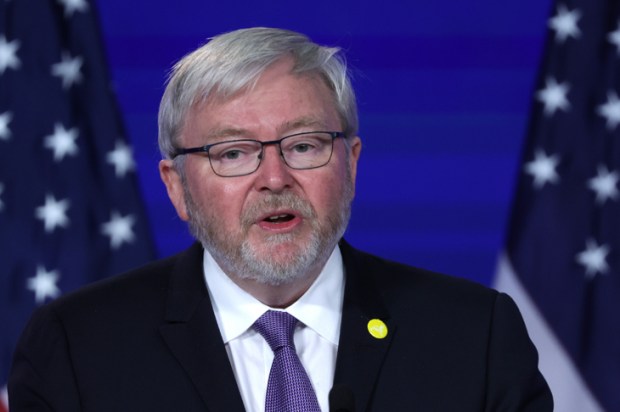
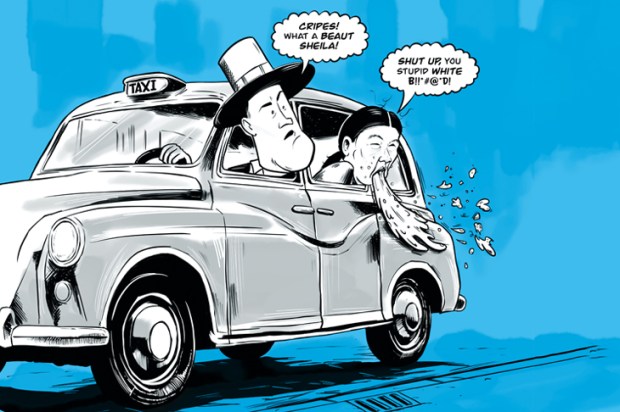
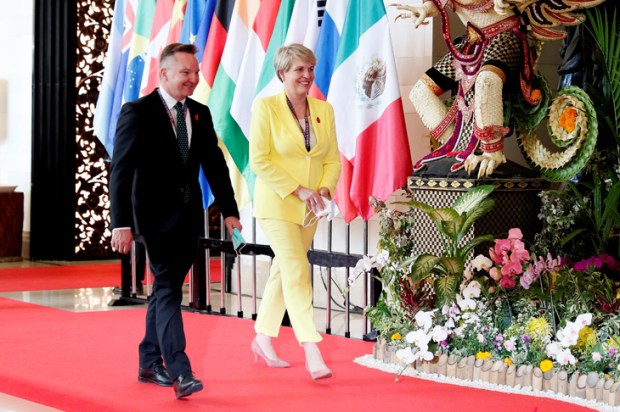
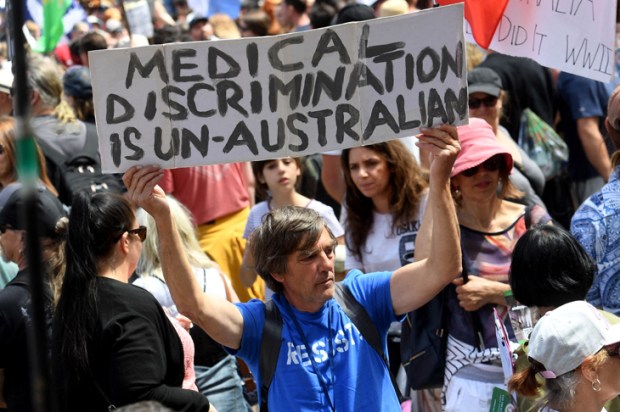






Comments
Don't miss out
Join the conversation with other Spectator Australia readers. Subscribe to leave a comment.
SUBSCRIBEAlready a subscriber? Log in